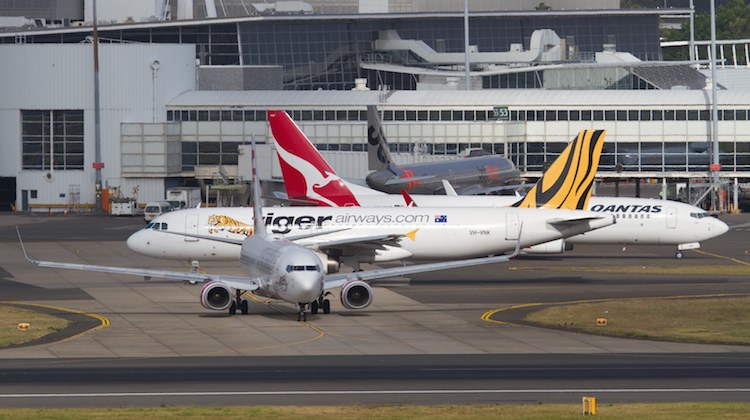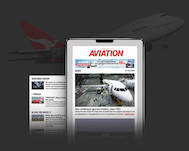
Ending the domestic capacity war appears to have given local carriers the ability to increase airfares, particularly at the budget end of the market, latest figures show.
Bureau of Infrastructure, Transport and Regional Economics (BITRE) figures indicate ticket prices for domestic flights across all categories – from the best discount economy fares to business class – were all higher in January compared to the prior corresponding period.
The best discount index sat at 60.9 points in January, a 20 per cent increase from 54.5 points a year earlier.
Meanwhile, the restricted economy category was at 76.2 points, compared with 73.2 in January 2014, while full fare economy tickets came in a 119.9 points, three points higher than the prior year.
Those in the comfy seats at the front of the aircraft were also paying more at the start of 2015 than they were a year ago, with the business class index rising from 83.4 points in January 2014 to 89.5 points.
The lift in airfares comes amid a more benign operating environment, with Australia’s domestic carriers having pulled back on capacity growth that left both Qantas and Virgin Australia saddled with heavy losses in 2013/14.
Qantas said recently yields – an industry term measuring average airfares per passenger – improved across both its domestic and international operations for a third straight month in November as it maintained capacity discipline at home and benefitted from slower capacity growth from foreign carriers.
The latest figures from BITRE showed total seats in the local domestic market rose by just 0.1 per cent in the 10 months to October 2014.
This compared with 4.8 per cent growth in available seats for the prior corresponding period.
The International Air Transport Association (IATA) said earlier in January Australia’s local market has basically not grown for more than a year.
“Australia’s domestic demand was virtually flat year-over year and traffic volumes have largely remained stagnant since mid-2013,” IATA said in a statement on January 11.
“The economy is struggling to rebalance away from mining investment-led growth.”
Rising ticket prices, coupled with a reduced fuel bill due to the slumping cost of oil, augurs for a better 2014/15 financial year.
Qantas has pointed the market to a first half underlying profit before tax in the vicinity of $500 million. While Virgin in November forecast a profitable second quarter, the airline group declined to offer specific financial guidance for the first half.

















Matt Cornell
says:Rising ticket prices and low fuel costs will just open the door for the next budget carrier to come crashing through the door. American Airlines anyone??
Robert Adams
says:So, traffic volumes have remained stagnant. I can see where putting up the fare prices will improve that situation (not). I just wonder what QANTAS considers a ‘heavy loss’ also – one million, two million perhaps?